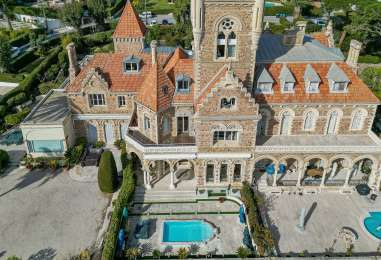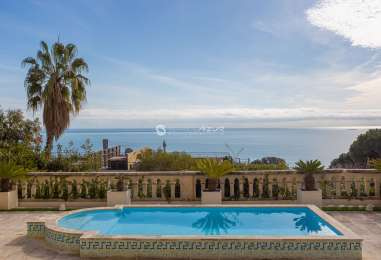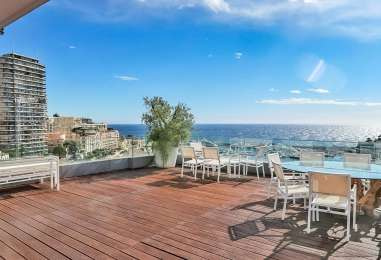
In France, property insurance is mandatory in several situations — but not in all. In some cases, it is required by law; in others, it is strongly recommended as essential protection against significant financial risks.
If you are an owner-occupier (propriétaire occupant)
For owner-occupiers, insurance is not mandatory. However, without coverage, you assume full responsibility for any damage — fire, water damage, explosion — including possible losses caused to neighbouring properties. For this reason, most owners choose a comprehensive assurance multirisque habitation (MRH) policy, which protects the property against major risks.
If you are a landlord (propriétaire bailleur)
Insurance is also not legally required for landlords. Nonetheless, without adequate coverage, the owner may face substantial financial exposure if an incident occurs and the tenant is uninsured. To mitigate these risks — particularly in cases of fire or water damage — landlords typically include an insurance obligation in the lease and request proof of an active policy from the tenant.
If you are a tenant (locataire)
For tenants, home insurance is legally mandatory under Article 7 of the Law of 6 July 1989. The minimum requirement is coverage for rental risks — fire, explosion and water damage. If the tenant does not obtain insurance, the owner may:
- terminate the lease
- subscribe to an insurance policy on the tenant’s behalf and add its cost to the rent.
If the property is located in a condominium (copropriété)
Since 2014, under the Alur Law, insurance is mandatory for all co-owners, including those who do not reside permanently in the property. The minimum required protection is responsabilité civile (civil liability), which covers damage caused to neighbours or other occupants.
More information on property-related questions in France is available here.




































